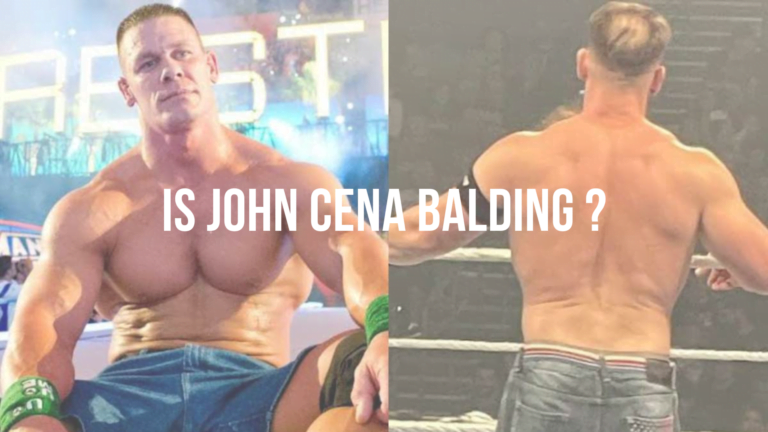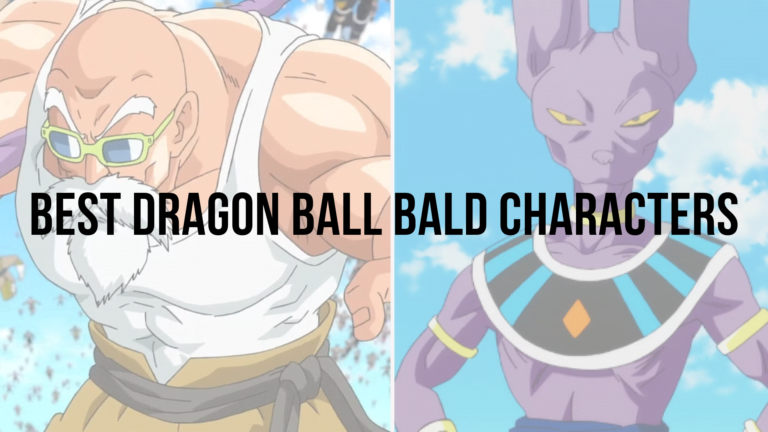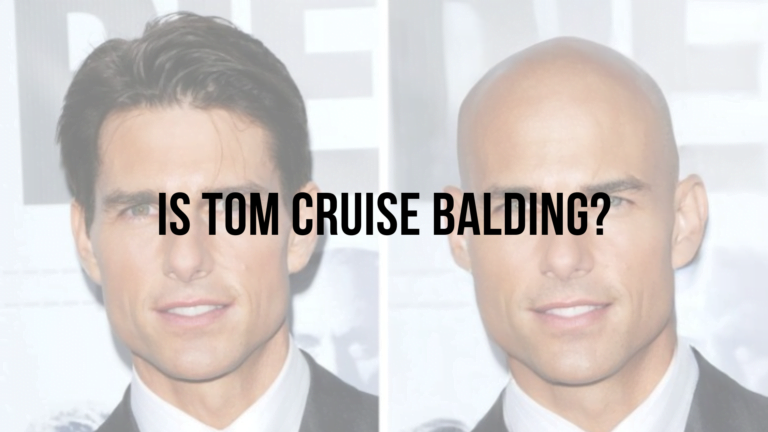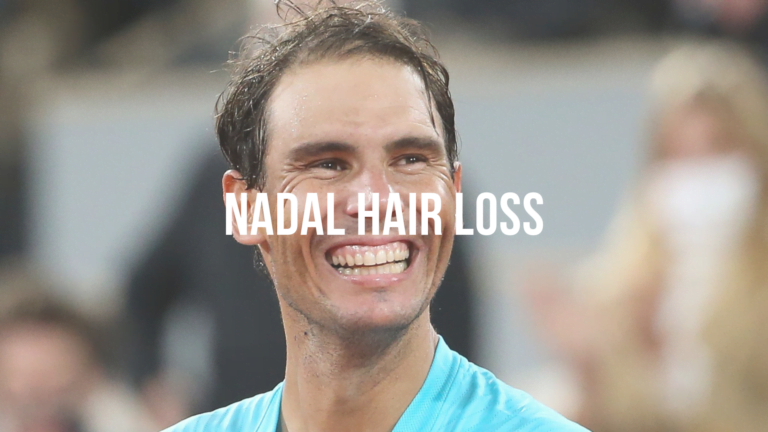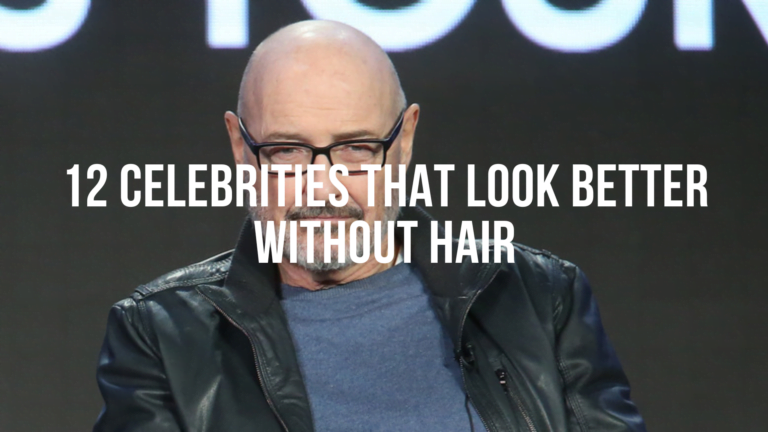Kratos, the iconic protagonist of the renowned God of War series, has captured the hearts of gamers worldwide with his brute strength, unquenchable rage, and, notably, his distinct bald appearance.
While Kratos’ baldness might seem like a superficial character choice, there’s more to it than meets the eye. In this article, we’ll delve into the fascinating reasons behind Kratos’ hairless head and explore how it adds depth to his character.
A Spartan Childhood
Kratos’ early life was deeply rooted in the militaristic society of ancient Sparta. Raised as a Spartan, he underwent brutal training and conditioning from a young age to become the ultimate warrior.
Spartans were known for their discipline, courage, and prowess in battle, and Kratos was no exception. In Ghost of sparta, we saw a much younger Kratos alongside his brother Deimos. In this flashback, it is clearly noticeable that Kratos had some some hair and that he shaved it probably because it was a spartan ritual.
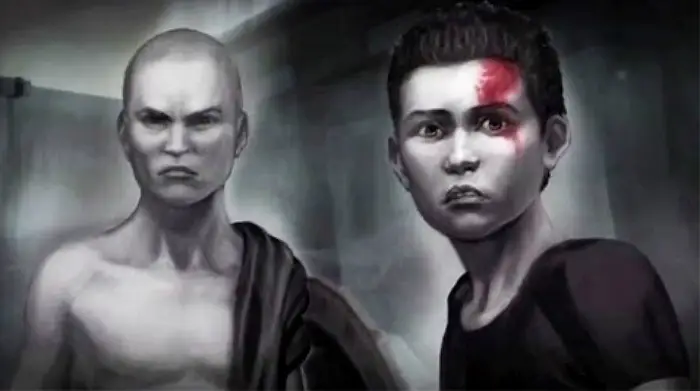
Aesthetic Choices: The Visual Impact
One of the most immediate reasons for Kratos’ baldness lies in the aesthetics of character design. The game’s creators, Santa Monica Studio, wanted to make a bold statement with their protagonist.
Baldness not only gave Kratos a unique and memorable look but also allowed the game’s designers to focus on other aspects of his character, such as his scars and tattoos.
A Blank Slate for Players
In many ways, Kratos’ bald head also functions as a blank slate for players to project their emotions and experiences onto.
With no hair to distract from his expression, players can more easily connect with his emotions, especially his rage, guilt, and determination, as he embarks on his epic quest for revenge and redemption.
Practicality in Combat
One could argue that Kratos’ bald head is also a practical choice when it comes to combat. With no hair to get in his eyes or obstruct his vision during intense battles, he can maintain unwavering focus on his enemies.
This seemingly minor detail can make a significant difference in the chaos of battle, where a split-second distraction could mean life or death.
Kratos’ family’s hair history
Kratos’ lineage offers valuable hints regarding his potential hair characteristics. His parents, Callisto and Zeus, are notable figures in this regard. Callisto is depicted with short, dark brown hair, almost bordering on black.
In contrast, Zeus possesses long, white hair. These contrasting hair types within the immediate family indicate a genetic diversity that Kratos might inherit.
Furthermore, Deimos, Kratos’ younger brother, appears to have taken after their mother in terms of hair. He has inherited the short, dark hair, which aligns with Callisto’s appearance, and suggests that this genetic trait might run in the family.
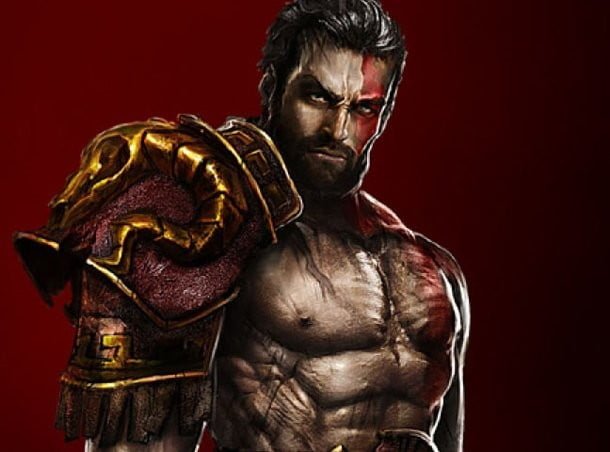
While examining Kratos’ ancestry provides valuable insights, it’s also crucial not to overlook the contributions of his own offspring.
Calliope, Kratos’ daughter from his first wife, Lysandra, is a significant reference point. She shares the characteristic of straight, light brown hair with her mother, which strongly suggests that this trait is inherited from the maternal side.


Likewise, Atreus, Kratos’ son from his second wife, Laufey, has straight brown hair. Although Laufey has long strawberry-blonde hair, the shared trait of straight, light brown hair between Atreus and Calliope presents a compelling clue regarding Kratos’ potential hair appearance.
What if kratos had hair?
Concept art and fan creations have given us glimpses of what Kratos might look like with hair. Some artistic interpretations have depicted him with long, flowing locks, while others have portrayed him with shorter, more practical hair.

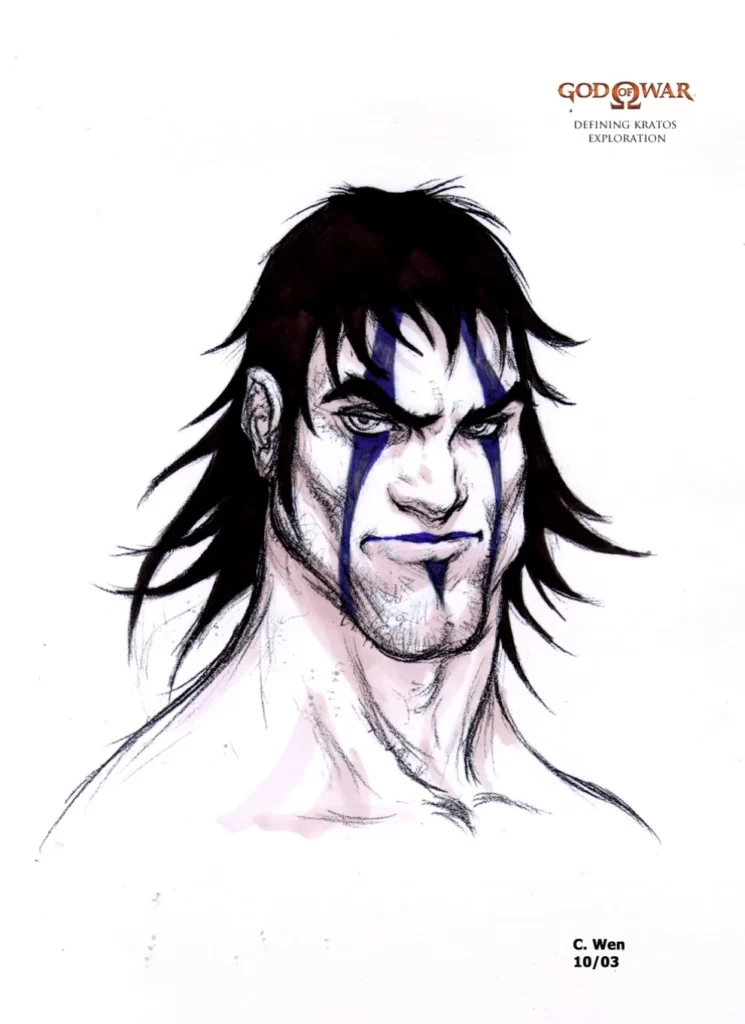

These representations vary widely, but they all share a common theme – the addition of hair fundamentally alters Kratos’ appearance, making him appear more approachable and human.
In some depictions, Kratos with hair appears less intimidating and more relatable, revealing a vulnerability that his bald, battle-hardened visage often conceals.
Hair adds a layer of humanity to his character, potentially accentuating his inner conflict and the struggles he faces throughout his journey.
Conclusion
While the revelations surrounding Kratos’ childhood and the symbolic significance of his shaved head add fascinating layers to his character, it’s essential to acknowledge that the origins of his baldness are somewhat shrouded in mystery.
The God of War series intentionally leaves room for interpretation, and whether Kratos is naturally bald or chooses to maintain a hairless appearance remains a point of speculation.
In light of this ambiguity, it becomes increasingly clear that Kratos’ baldness serves as a deliberate design choice by the game developers at Santa Monica Studio.
It’s a choice that helps define his character and set him apart in the gaming world. Kratos’ bald head is instantly recognizable and has become an iconic aspect of his visual identity, making him stand out amidst a sea of video game characters.
This design choice is more than mere aesthetics; it’s a stroke of genius in character design. Kratos’ baldness evokes a sense of primal rage, strength, and determination.
It accentuates his relentless pursuit of vengeance and redemption, all while leaving room for players to project their own emotions and experiences onto his character.
His bald head is a canvas that reflects the depth of his emotions, emphasizing his inner turmoil and the enduring impact of his traumatic past.
In the end, whether Kratos is bald or shaves his head is a mystery that may never be definitively solved. However, his baldness remains a cornerstone of his character, contributing to the enigma and allure that surround this iconic Spartan warrior.
It’s a design choice that defines him, making Kratos one of the most recognizable and enduring characters in the world of gaming.

